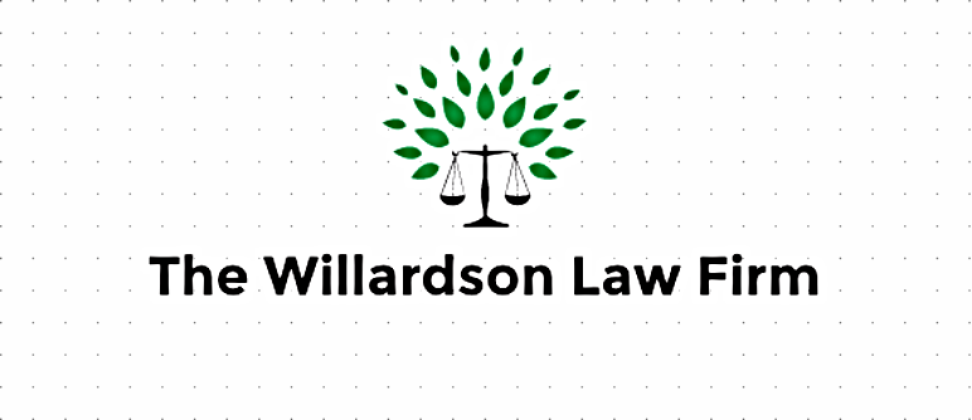Attorney John Willardson has enjoyed a generalized practice of law for over 40+ years. Please feel free to call the Willardson Law Firm: 336-838-5129 for a free consultation.
Multiple families and individuals today are choosing to rent over owning their own home. Renting can provide certain benefits over buying that many find attractive, including minimal maintenance, no property taxes or home owners’ insurance, and less commitment. However, when disputes between a landlord and tenant arise, the living situation in a rental home can become unbearable.
Knowing your rights as a tenant or landlord may help to resolve disputes or avoid them all together. The laws governing the relationship between a landlord and a tenant are complex and come from several sources. Those sources include the law of contracts, the law of negligence, the North Carolina General Statutes, local health, safety and building codes, federal laws and regulations governing subsidized rental housing, and the Constitutions of the United States and the State of North Carolina. Outlined below are the legal responsibilities of a landlord and of a tenant.
A landlord must:
• Make any reasonable repairs needed to keep your abode place fit and safe.
• Keep the plumbing, heating, sanitary and electrical equipment in good and safe working order, and provide a smoke alarm.
• If the landlord provides appliances, like a stove or a refrigerator, he or she must fix them if they break.
• Keep the stairs, sidewalks and areas that are used by everyone in the building in safe condition.
• Obey local housing codes. Many towns and counties have passed laws that say what a fit and safe place should have, such as window screens, hot and cold water, door locks and more. These laws are called the “Housing Code.” To find out if your town or county has a Housing Code and what the Code says, call your town hall or county inspections office.
• Inform you if he or she sells the property.
• Tell you in writing of any complaints about the way you are treating the property
A tenant must:
• Pay your rent on time.
• Keep your place as clean and safe as you can. Get rid of garbage in a clean and safe way. Keep the plumbing (sinks, toilet, bathtub) clean.
• Not damage your place or let anyone visiting you damage your place. Remember: If your guest damages your place, you may be responsible. Your landlord may not have to fix damages caused by you or your guest. Your landlord may bill you for the repairs.
• Give your landlord notice if you decide to move out at the end of your lease. If you have a written lease, usually the amount of notice required is stated in the lease. If not, North Carolina law states that proper notice is:
– 2 days if you pay rent every week
-7 days if you pay rent every month
– 1 month if the lease is year-to-year
– 30 days if you own a mobile home and rent the lot
Notice does not have to be in writing, but it is always better to write the landlord a letter, date the letter, include the date you plan to move and keep a copy of the letter.
Remember: A tenant can be evicted for the following reasons:
• Non-payment of rent- The landlord must demand the rent and wait 10 days before filing a complaint against you at the courthouse. To “demand” the rent, the landlord must either ask you for the rent or write you a letter about the rent and explain that you will be evicted unless you pay it.
• Lease termination- If you stay after the rental period ends, either because the written lease ended or your landlord told you to move out, and the landlord does not continue to accept your rent, the court may evict you for “holding over.” This notice does not have to be in writing. If the landlord can prove that the lease has been terminated, you can be evicted.
• Breach of the lease- Your landlord may try to prove that you broke (“breached”) the lease by causing damage, disturbing the neighbors or other actions. The landlord must prove the case with evidence. You will have a chance to present witnesses and evidence to show that the landlord’s claims are false or are not a violation of the lease agreement. The landlord does not have to give you notice before starting the eviction process, so long as the landlord is claiming that you breached the lease. However, the landlord must have a certain clause in the lease that allows him or her to evict you before your lease ends. It is called a forfeiture clause.
If you feel as if your rights as a landlord or tenant have been violated, or if you have legal concerns about any area of law in which we practice, contact us at 336-838-5129 and ask for a free consultation.
